Physical Distancing
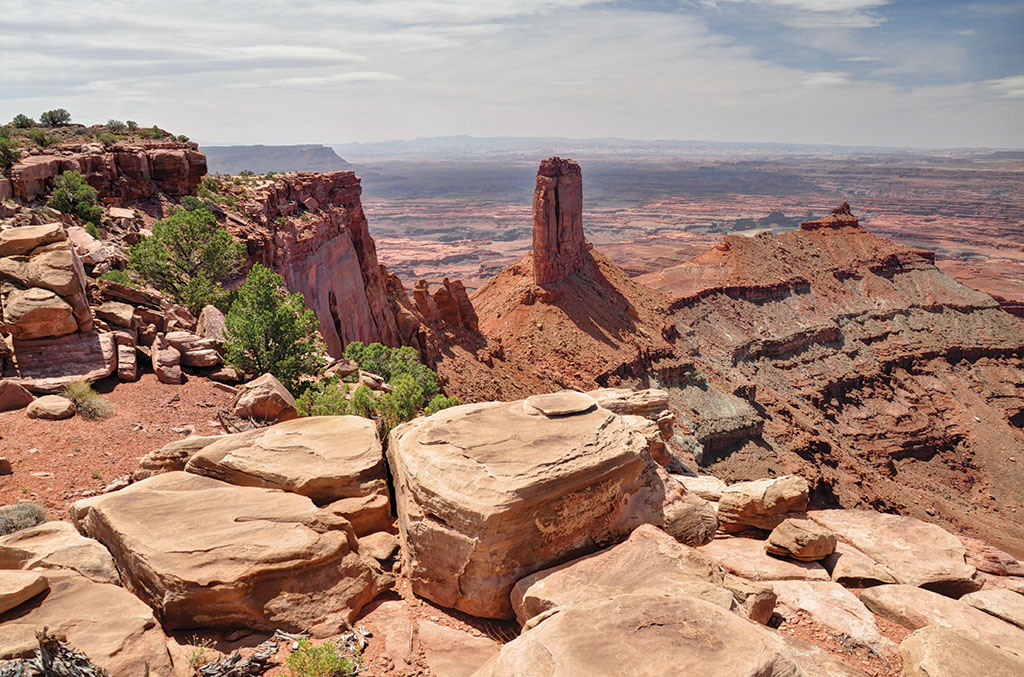 In a very short amount of time, our lives at work, school, and home have had to change so that we may prevent the further spread of COVID-19. While social distancing has become a best practice during this pandemic, we’ve also seen how much this is actually physical distancing.
In a very short amount of time, our lives at work, school, and home have had to change so that we may prevent the further spread of COVID-19. While social distancing has become a best practice during this pandemic, we’ve also seen how much this is actually physical distancing.
Right now might seem like a good time to pack your car and head into our wild public lands to take refuge in nature while maintaining safe physical distance from other people; this is not a good idea.
Wilderness is a treasure we work to save in part so that we may take refuge and recharge in it. But now is a time when we should prioritize protecting each other. By actively choosing to stay home and find peace in the springing life of our own locales, we can help ensure that the residents in rural gateway communities are safe through the duration of this pandemic.
We promise, southern Utah wilderness will remain. It will be waiting for you. The waters will run from spring snowmelt, flowers will bloom, young raptors will take their first flights, and the sandstone guardians will remain vigilant beneath sun and stars. Let us practice patience in the way that our beloved canyons, slowly carved throughout time, have always known.
Photo © Ray Bloxham/SUWA
Latest Podcast Examines Impact of Pandemic on Utah’s Rural Communities
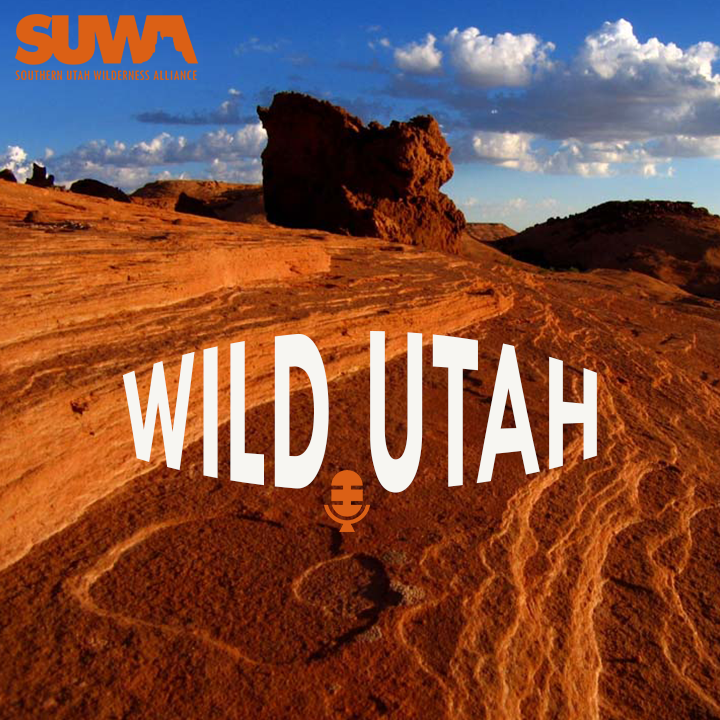 Residents and healthcare workers in popular public land gateway towns like Moab and Boulder, Utah are particularly vulnerable to stress on local hospitals, grocery stores, and other vital resources during a pandemic. In our current episode of Wild Utah, we are joined by Dr. Dylan Cole, Chief Medical Officer at Moab Regional Hospital, and Blake Spalding, Chef/Owner of Hell’s Backbone Grill in Boulder, to learn why staying at home this spring—and away from our favorite redrock destinations—is crucial to keeping Utah’s rural communities safe from the spread of COVID-19. Click here to listen to the podcast now.
Residents and healthcare workers in popular public land gateway towns like Moab and Boulder, Utah are particularly vulnerable to stress on local hospitals, grocery stores, and other vital resources during a pandemic. In our current episode of Wild Utah, we are joined by Dr. Dylan Cole, Chief Medical Officer at Moab Regional Hospital, and Blake Spalding, Chef/Owner of Hell’s Backbone Grill in Boulder, to learn why staying at home this spring—and away from our favorite redrock destinations—is crucial to keeping Utah’s rural communities safe from the spread of COVID-19. Click here to listen to the podcast now.
Since its debut, SUWA’s Wild Utah podcast has covered a number of issues facing redrock country. Please join our growing world of listeners by subscribing to Wild Utah through Spotify, iTunes, Stitcher, or on our website.
BLM Prepares to Flood Southern Utah with Oil & Gas Leases
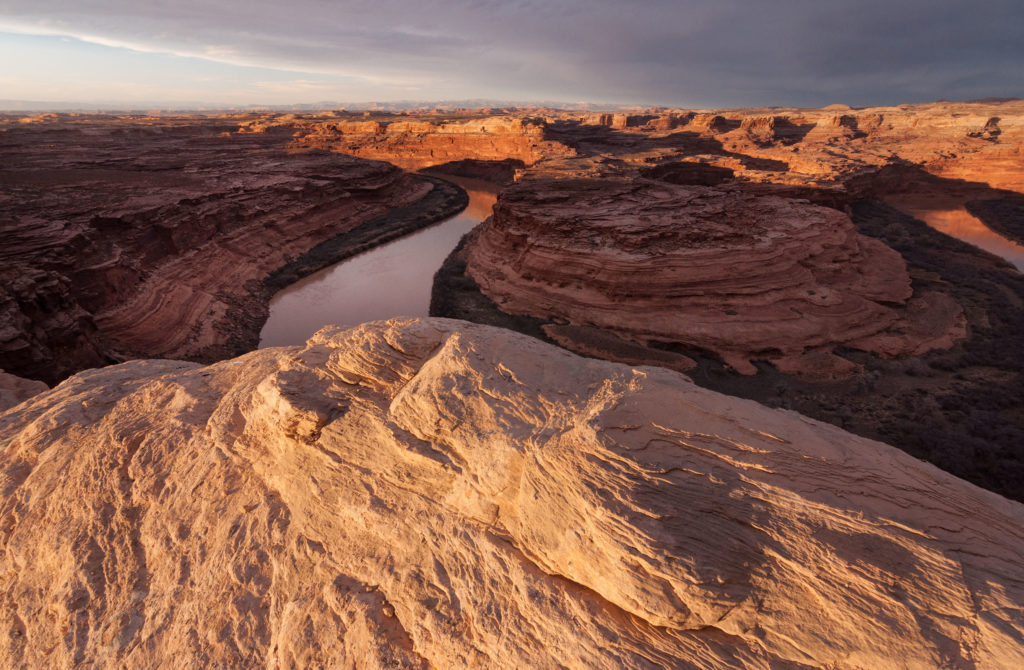 Some things never change. Even in the midst of a global pandemic, when many Americans are preoccupied with health and financial worries, the Trump administration’s Bureau of Land Management (BLM) is preparing to offer a massive swath of treasured Utah public lands for oil and gas development.
Some things never change. Even in the midst of a global pandemic, when many Americans are preoccupied with health and financial worries, the Trump administration’s Bureau of Land Management (BLM) is preparing to offer a massive swath of treasured Utah public lands for oil and gas development.
In its latest controversial move, the agency plans to auction off more than 230 oil and gas leases covering more than 150,000 acres of public land near Arches and Canyonlands National Parks, Bears Ears National Monument, and Dead Horse Point State Park at its September 2020 lease sale.
“The BLM must put a halt to all new leasing of public lands if there is any chance of avoiding the most severe impacts of a changing climate,” said SUWA Staff Attorney Landon Newell. “Development of these leases will exacerbate the climate crisis, while also marring one of the nation’s most iconic redrock landscapes.”
>> Click here to read our full press release
Photo © Ray Bloxham/SUWA
A Scorched Earth Policy
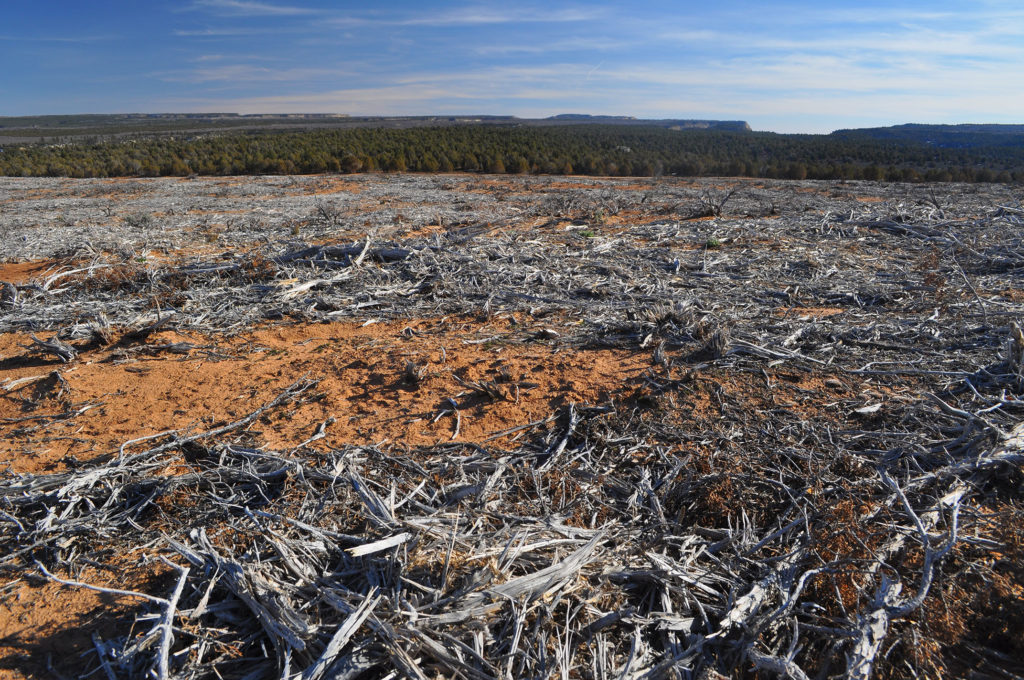 The Bureau of Land Management (BLM) has proposed fast-tracking approvals and eliminating public input on so-called “vegetation projects” that would clear-cut forests of native juniper and piñon pine in order to promote forage for cattle.
The Bureau of Land Management (BLM) has proposed fast-tracking approvals and eliminating public input on so-called “vegetation projects” that would clear-cut forests of native juniper and piñon pine in order to promote forage for cattle.
The BLM hopes to establish a new categorical exclusion for vegetation projects under the National Environmental Policy Act.
“This is a scorched-earth policy for Utah’s national monuments and public lands,” SUWA Wildlands Attorney Kya Marienfeld said in a statement. “Several proposed projects—totaling more than 100,000 acres in Grand Staircase-Escalante National Monument alone—that were temporarily withdrawn by the BLM as a result of public pressure could reappear at any time under this new policy and move forward without public review, scientific study, or accountability.”
Read SUWA’s complete statement here, and stay tuned for how you can help speak out against the BLM’s proposal.
Photo © Neal Clark/SUWA
Wilderness Week Activists Boost Congressional Support of America’s Red Rock Wilderness Act
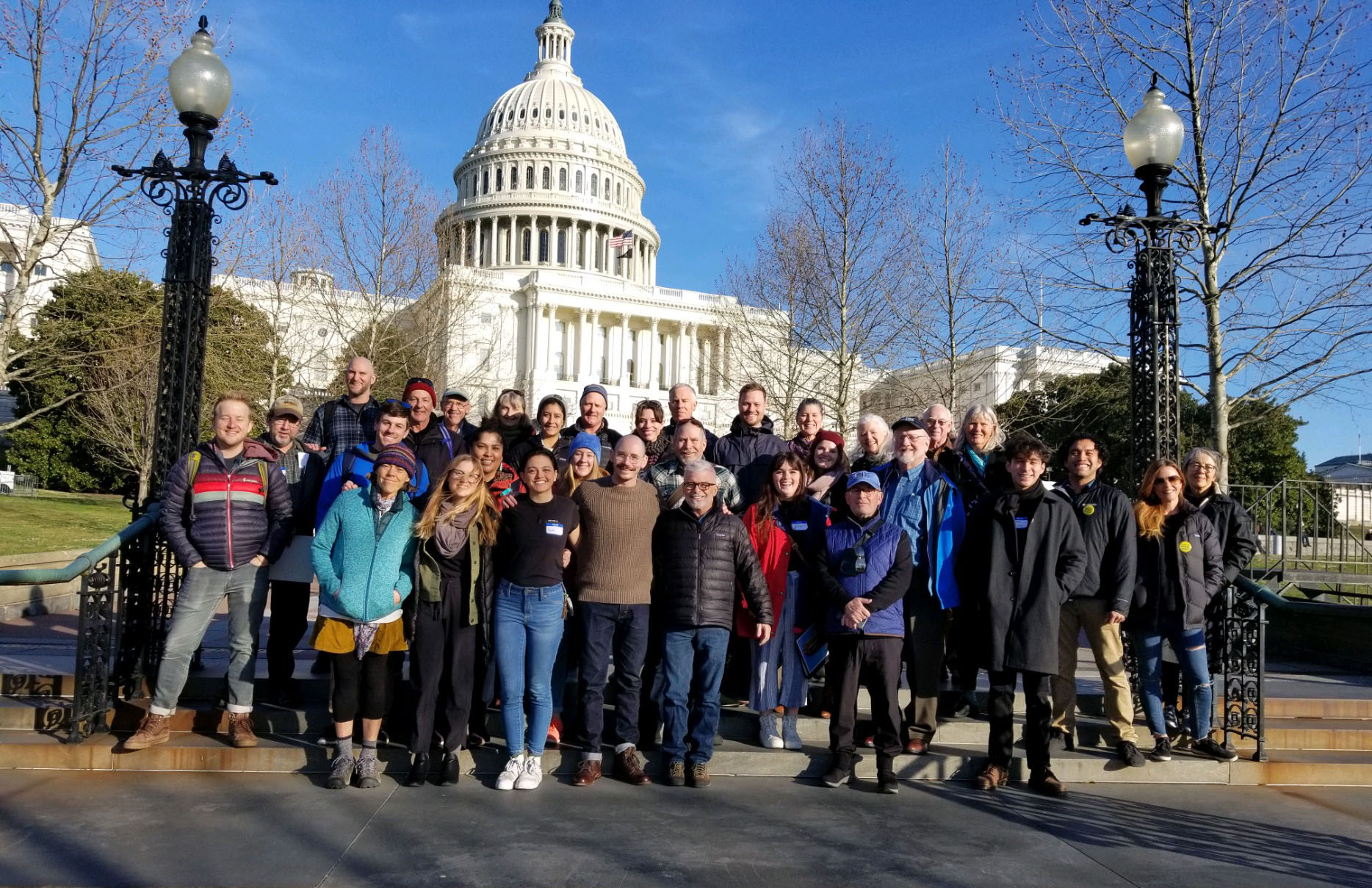 Twenty-eight redrock volunteers traveled to Capitol Hill in Washington, DC in the waning days of February to ramp up support for America’s Red Rock Wilderness Act (ARRWA)—the flagship legislation for our redrock protection campaign.
Twenty-eight redrock volunteers traveled to Capitol Hill in Washington, DC in the waning days of February to ramp up support for America’s Red Rock Wilderness Act (ARRWA)—the flagship legislation for our redrock protection campaign.
Hailing from Utah and 17 other states, these Wilderness Week activists worked together in 12 teams and held 140+ meetings with legislators. Over the course of several days, they crisscrossed Capitol Hill and walked the marble corridors of Congress wearing their highly visible “Protect Wild Utah” buttons.
Despite a late introduction of America’s Red Rock Wilderness Act this Congress, we’re already up to 74 cosponsors in the House of Representatives and 17 in the Senate. You can click here to see if your representative and senators are among them.
If any of your elected officials are not listed, please click here to ask them to endorse America’s Red Rock Wilderness Act today!
>> Read more about Wilderness Week and ARRWA on our blog
Photo © SUWA
Monthly Giving: A Hassle-Free Way to Support the Redrock
If you’d like a convenient, hassle-free way to help SUWA, please consider joining our Monthly Giving Program. Your recurring gift provides us with reliable year-round funding to fight current and future threats to the redrock. Visit suwa.org/monthly to learn more and sign up.

